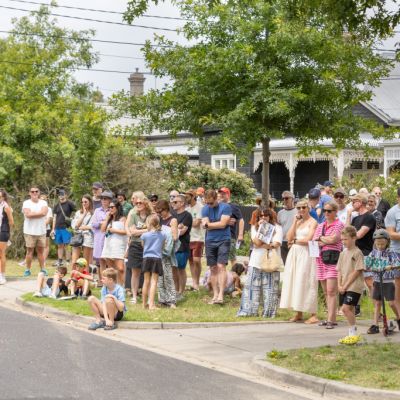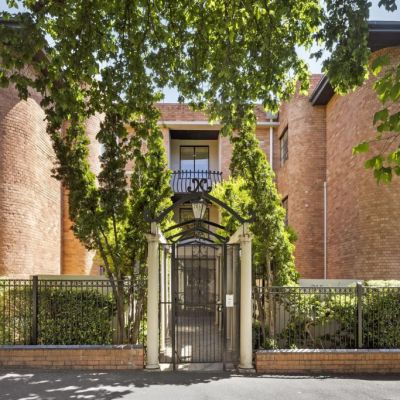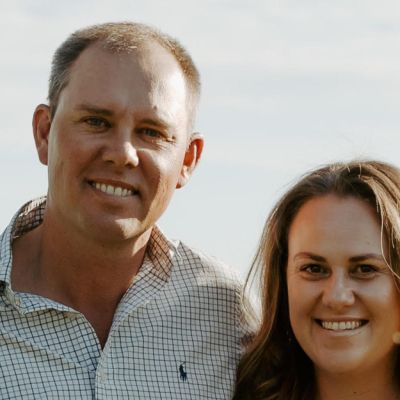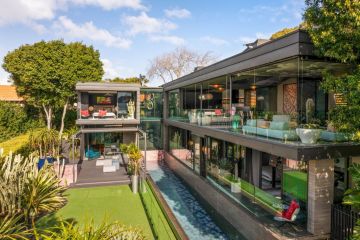Australia's best and worst performing suburbs show huge gains and losses
Australia’s best-performing suburbs leapt by $500,000 in 12 months, while others dropped by $289,000, according to Domain data.
The Domain House Price Report for December 2024 reveals the nation’s best-performing suburb is Ardross in Perth, Western Australia. The inner-city suburb’s median house price surged from $1,049,899 to $1,567,500 in a year.
This $517,601 price gain is more than the median unit price in Western Australia, which currently sits at $511,119.
| State | Suburb | Property | Median | Annual change | Original price | Price gain |
| WA | Ardross | House | $1,567,500 | 49.3% | $1,049,899 | $517,601 |
| QLD | Highgate Hill | Unit | $1,022,500 | 48.2% | $689,946 | $332,554 |
| WA | Medina | House | $522,500 | 47.6% | $353,997 | $168,503 |
| NSW | Cabramatta | House | $1,100,000 | 44.7% | $760,193 | $339,807 |
| QLD | Eagleby | Unit | $490,000 | 42.0% | $345,070 | $144,930 |
The suburb where prices fell the hardest in the same period was Chadstone in Melbourne’s outer-east, where the median unit price dropped 33.3 per cent from $757,121 to $505,000, taking a $252,121 hit.
| State | Suburb | Property | Median | Annual change | Original price | Price loss |
| VIC | Chadstone | Unit | $505,000 | -33.3% | $757,121 | -$252,121 |
| QLD | Biggera Waters | House | $660,000 | -22.4% | $850,515 | -$190,515 |
| ACT | Denman Prospect | House | $1,015,000 | -22.2% | $1,304,627 | -$289,627 |
| NSW | Crows Nest | Unit | $818,000 | -22.1% | $1,050,064 | -$232,064 |
These diverse price gains and losses in opposing directions indicate the fragmentation of the property market when it comes to growth rates, says Domain chief of research and economics Dr Nicola Powell.
“We do have a multi-speed market across Australia, and what that means is we have different growth rates, and sometimes in opposite directions across the capital cities but also within the cities as well.”
At a glance, the nation’s overall performance has been subdued. In the December 2024 quarter, our combined capital cities recorded 1.1 per cent growth, according to Domain data.

Even the distinction between capital cities was minimal. Hobart was the top performer with a 4.6 per cent quarterly gain, while Sydney was at the bottom end with a 0.1 per cent loss.
However, at a suburb level, the variation between price growth – both high and low – was extraordinarily diverse.
“There are lots of sub-markets within Australia, and that’s where you get that diversity of growth,” Powell says.
“This showcases the different dynamics that drive property price cycles and that balance between supply and demand, as well as the nuances that we see between property types.”
Ardross recorded a whopping 49.3 per cent price hike in 12 months, according to Domain data. Here, the median house price accelerated from $1,049,899 to $1,567,500 – a $511,119 boost.
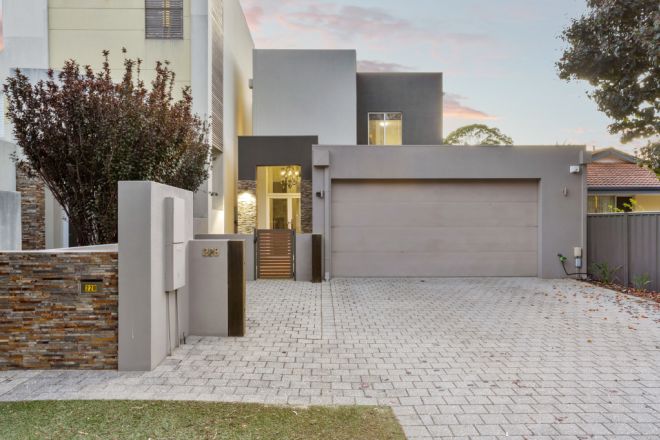
The suburb’s huge price jump is the result of locals being priced out of tightly held neighbouring riverside suburbs, including Applecross and Mount Pleasant, says Rhys Calnan of Calnan Property.
“I think a huge driver would be the neighbouring riverside suburbs increasing so much,” he says. “Ardross is just more affordable now compared to Applecross and Mount Pleasant.”
Calnan also notes that the suburb is a favourite among buyers who have sold and made decent profits in suburbs further out and are looking to move closer to the city.
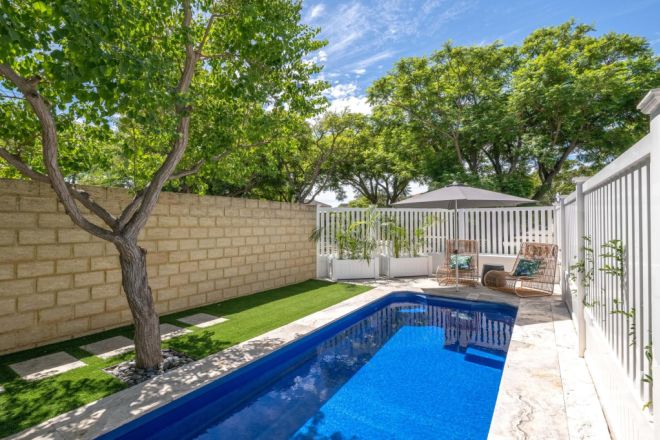
“A lot of people have got enormous prices for their properties further out, and this would be the next place you’d go,” he says.
“If you’re moving up from what used to be a starter suburb and had success in those kinds of areas, you can now break into [Ardross].”
The suburb’s central location, just five kilometres from the CBD, is another drawcard for house hunters. Ardross is also in the catchment area for Applecross Senior High School and is particularly appealing to families.
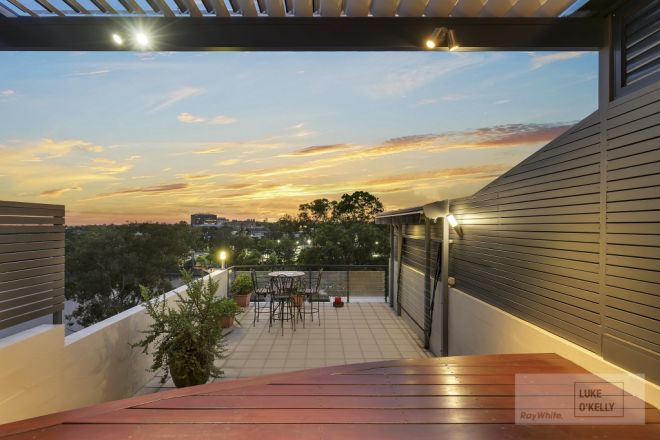
In Brisbane, inner-city Highgate Hill also recorded rapid growth, with its median unit price skyrocketing from $689,946 to $1,022,500.
Unit prices in the area have been pushed up due to their relative affordability when compared to other property types in the neighbourhood and surrounding suburbs, including West End, says Jim Ampelas of Ray White West End.
“It’s simply because they’re affordable,” he says. “Nowadays, if you want to buy a house in 4101, so Highgate Hill, South Brisbane, West End, you’re looking at spending a minimum of $1.5 million.
“It’s very sad because, unfortunately, it doesn’t buy you a lot of house and you’re probably going to need to renovate it to live in.”

Highgate Hill’s unit market offers buyers an alternative where they can buy into an inner city suburb for less. For instance, the median house price in the suburb next door, West End, sits at $1.65 million – $600,000 more than Highgate Hill’s median unit price.
Ampelas says Highgate Hill also benefits from being in the catchment zone for Brisbane State High, which is a “major drawcard for the area”.
Highgate Hill also has fewer units than neighbouring suburbs, resulting in fierce competition and higher prices when they are listed for sale.
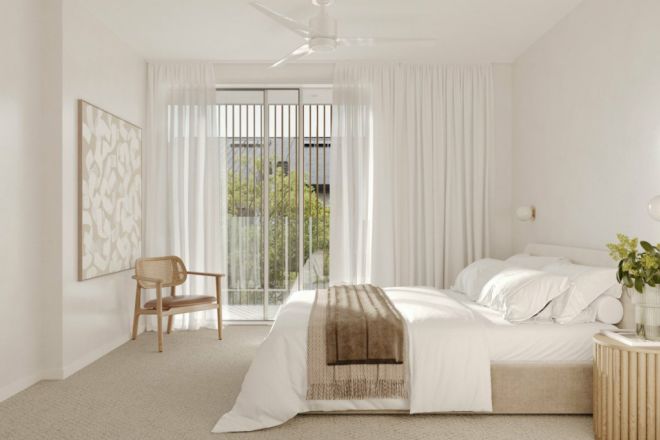
Over in Sydney, Cabramatta recorded annual growth of 44.7 per cent, according to the report.
The median house price jumped from $760,193 to $1.1 million – a rise of $339,807.
Agent Peter Ly of Raine & Horne Cabramatta/Canley Heights says the price growth is likely due to a strong sales period where properties sitting at the top end of the market were in high demand and sold at a higher price point.
“II feel as though there were bigger homes at the top end that were selling close to $2 million,” Ly says. “Then there were big blocks that were 1600 square metres being sold for $1.8 to $1.9 million, so I assume if you averaged all of that out, that would have pushed the price up.”

As prices in the area have continued to grow, a budget of $1.1 million would likely score a buyer a “standard three-bedroom fibro or three-bedroom brick home circa 1950 or 1960 on about 600 square metres”, Ly says.
Those looking for a modern, renovated homewill likely have to stretch their budget to $1.5 million, especially if the property is located in the prize pocket of Huon Street, he adds.

During the same period in which these suburbs experienced rapid growth, many capital city suburbs fell short.
Unit prices in Chadstone in Melbourne’s east were the worst hit across the nation and declined by 33.3 per cent. Here, the median price dipped from $757,121 to $505,000, according to Domain data.
Other property types in the area, including houses, townhouses and single-storey units, were largely unaffected and are selling strongly.
The variation between property type growth rates in the same period was likely due to an oversupply of mid- to high-rise apartments being sold, says agent Tai Menahem of Buxton Ashburton.
“It’s just supply outweighing demand,” he says. “With investors getting out of the market and more of them putting [apartments] on the market for sale, buyers have heaps of options and not feeling any pressure to go and put big tickets on an apartment, for example, when you’ve got six of the same in the same block.”

Another contributing factor to the price fall was a period of time when some local apartment buildings suffered structural issues, and buyers who wanted to get out of the market were forced to sell at a loss, Menahem says.
“There have been some units that have been affected by structural problems, which have now been rectified,” he says. “But they took a while to be rectified and owners getting out during a period of three years took discounts on their homes, which is now reflected in the data.”
Single-storey units in Chadstone have largely been unaffected by these price dips and are on the top of many buyers’ wishlists, with a recent listing selling for $733,500, Menahem says. These properties are in high demand among first-home buyers and downsizers.
We recommend
We thought you might like
States
Capital Cities
Capital Cities - Rentals
Popular Areas
Allhomes
More
